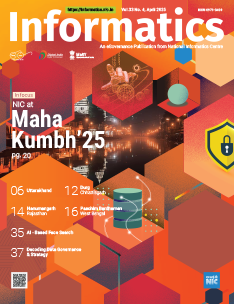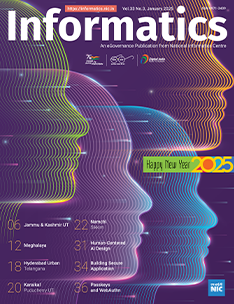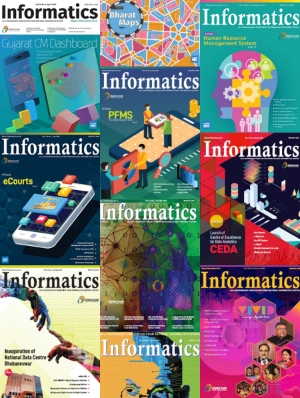Capacity Building program on CPCB eSamikSha at Conference Room, Parivesh Bhawan, New Delhi on 9th December 2016
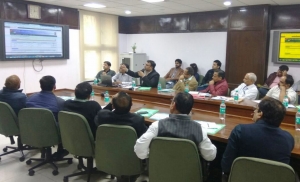
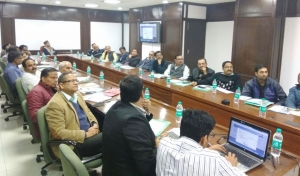
eSamikSha, an online Monitoring and Compliance Mechanism has been developed by Cabinet Secretariat Informatics Division, to fast track the compliance of pending action points, proposal, targets, etc. of Various Ministry/Department/Organization/Agency of Govt. of India and Government of States and UTs. The Portal has been designed in such a way that it will enhance efficiency, bring transparency, reduce the need of protracted correspondence and improve the communication between Government to Government (G2G). With the great success of eSamiksha portal, the Chairman of Central Pollution Control Board, Ministry of Environment, Forest & Climate Change had desired to host CPCB -eSamiksha similar to eSamiksha with minor customization for the use of Board. CPCB-eSamikSha monitors the compliance status for various categories like items Monitored by Chairman & Member Secretary etc. Customized Information Dashboard also presents the statistical view, various correspondences at a glance. In this context, a Capacity building program on CPCB-eSamikSha Portal was conducted for the officers of Central Pollution control Board, Pollution Control Board of various States and attached offices/Subordinate offices. The capacity building program was started with the brief introduction of eSamiksha by Dr. Shubhag Chand, HoD, Cabinet Secretariat Informatics Division. Followed by the audio visual presentation and live demonstration by Shri Akash Kumar Gupta, Scientist ‘B’ of the Cabinet Secretariat Informatics Division. Training has been attended by more than 50 officials from CPCB and attached offices. During the training session all the modules of CPCB-eSamikSha have been explained in detail. It has also been explained that how CPCB-eSamikSha will cater their inter department/attached office’s needs. Mr. A.Sudhkar, (Scientist ’E’) HoD, IT Division, Central Pollution Control Board was also present during the session. The session was ended with the question & answer session and vote of thanks.




 Subscribe
Subscribe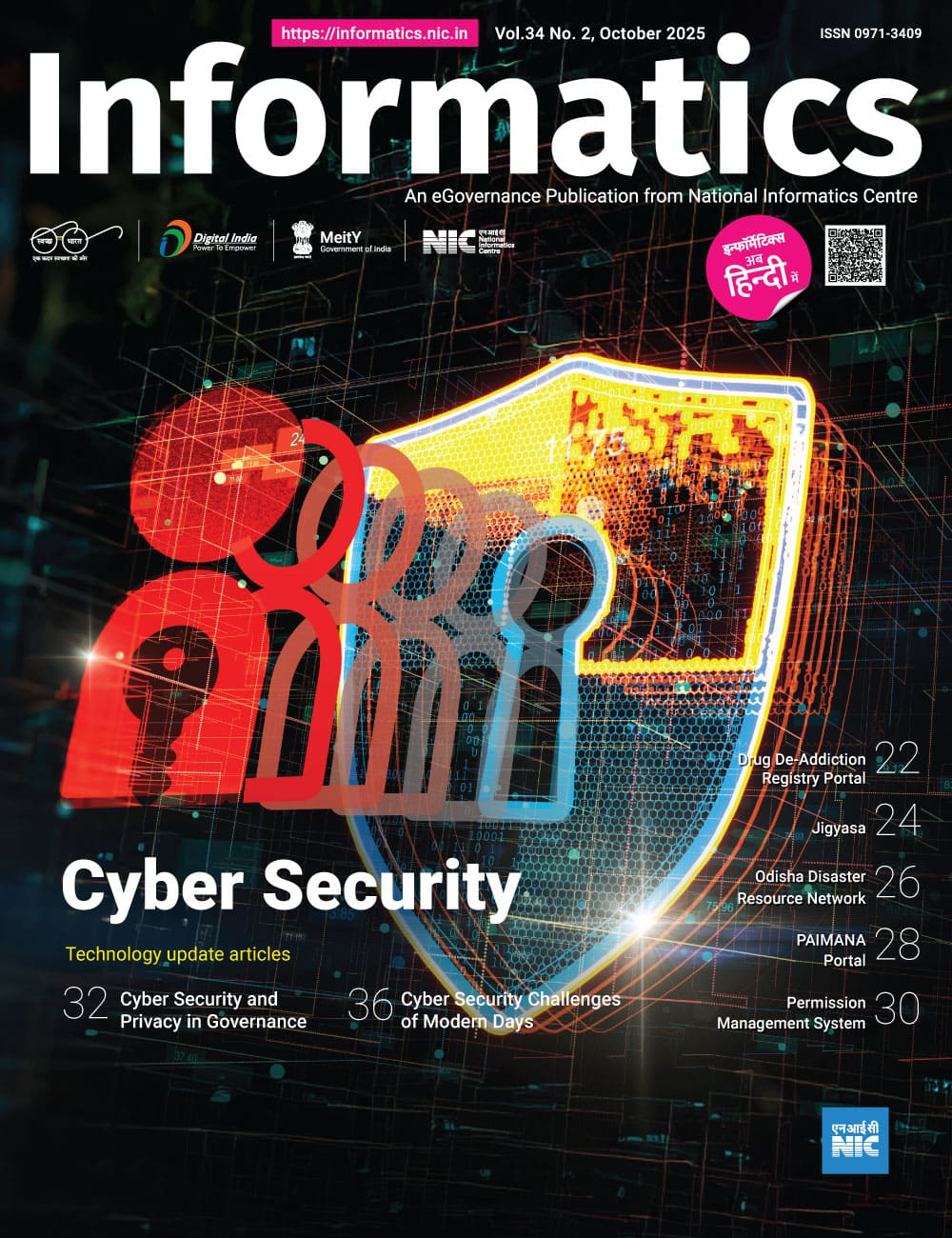
 Flipbook
Flipbook PDF (5.0 MB)
PDF (5.0 MB)
